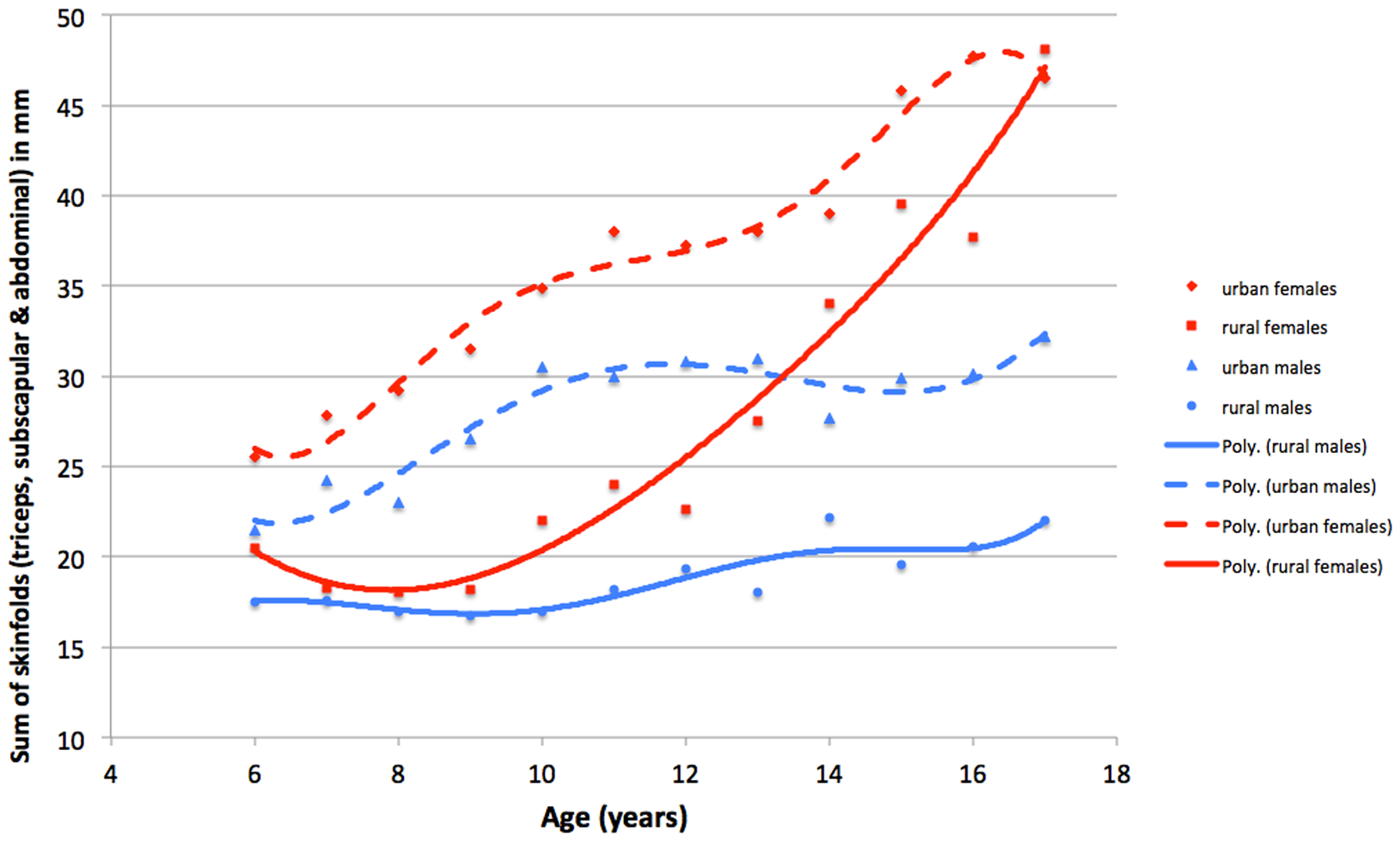An imbalance of female sex hormones caused by vegetarian foods like soy may be contributing to high levels of male obesity, according to a recent paper.
Like all epidemiological studies that are implying correlation and causation, some skepticism is warranted.
The authors note that products having higher levels of the female sex hormone estrogen are more often found in affluent societies, so they compared obesity rates among men and women from around the world with measures such as Gross Domestic Product to determine the impact of affluence on obesity. They found that while it was normal for women in the developing world to have significantly greater levels of obesity than men, the developed world offers quite a different picture.
"Hormonally driven weight gain occurs more significantly in females than in males, and this is very clear when we look at the rates of obesity in the developing world," says University of Adelaide medical student James Grantham. "However, in the Western world, such as in the United States, Europe and Australia, the rates of obesity between men and women are much closer. In some Western nations, male obesity is greater than female obesity.
"While poor diet is no doubt to blame, we believe there is more to it than simply a high caloric intake."

The average sum of skin-folds across age for all four groups based on sex and urban-rural divide.
doi:10.1371/journal.pone.0099776
Co-author Professor Maciej Henneberg, an anthropologist, says, "Exposure to estrogen is known to cause weight gain, primarily through thyroid inhibition and modulation of the hypothalamus. Soy products contain xenoestrogens, and we are concerned that in societies with a high dietary saturation of soy, such as the United States, this could be working to 'feminize' the males. This would allow men in those communities to artificially imitate the female pattern of weight gain.
"Another well-established source of xenoestrogen is polyvinyl chloride, known as PVC. This product is in prominent use in most wealthy countries, from plastic medical devices to piping for our water supplies."
Professor Henneberg then oddly implies that micro-evolutionary changes may be occurring within Western societies that could also be leading to changes in testosterone and estrogen in men. "This would certainly explain the various concerns about sperm count reductions among men in developed nations." he says.
Citation: Grantham JP, Henneberg M (2014) The Estrogen Hypothesis of Obesity. PLoS ONE 9(6): e99776. doi:10.1371/journal.pone.0099776
Is there anything to there claim that environmental factors are leading to a "feminization" of men in the Western world? Let us know in the comments.






Comments